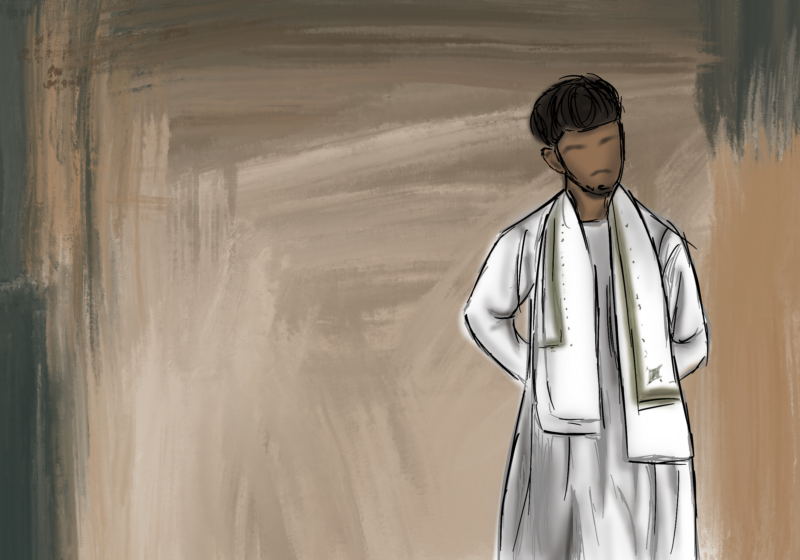My first recommendation about watching “The Santa Clarita Diet” is to not do so while eating.
I also recommend making plenty of time and sitting in a comfortable space, because once you begin this project, which stars the bubbly Drew Barrymore and the scintillating Timothy Olyphant, it’s hard to stop.
Shelia (Barrymore) is a suburban mom turned undead who has to kill people and freeze them for her food. (Talk about meal prep!) Her husband Joel (Olyphant) is literally just trying to keep his cool in the midst of his midlife crisis, in addition to this new inconvenience. The premise is unique—but the conventions the show aims to break require bringing in a sense of familiarity.
Within each episode’s plot, we are brought back to a place where we feel at home. The show opens with trite shots of suburbia: sprinklers, cars, garbage trucks. Within the first five minutes, an overhead view of the neighborhood calls back to the infamous “Little Boxes” opening of the suburban train wreck dramedy “Weeds.”
Plot lines include all the classics: married love life, nosy neighbors, the need for family dinner, a teenager acting out. It’s everything we know and love accompanied by outrageously fake yet still repulsive fake blood.
The writing in this show doesn’t always do its best—some quips are too try-hard, in particular on Olyphant’s part. However, the drive to keep watching is in wanting to answer why and how this strange phenomenon occurs to characters that, let’s face it, we learn to love. Something about Barrymore’s ditzy yet wise portrayal of Shelia, and Joel’s earnestness to keep things together, makes the comedy witty rather than slapstick. Truly the characters in this show are what keeps the whole wild premise together.
Shelia’s transformation especially takes the show on a whole other level. She is introduced as uptight and bland, repressive from the way she has sex, talks to her boss, and makes toast in the morning. At the beginning of the first episode, she understandably laments that she isn’t bolder.
After becoming a member of the undead, though, she can only act to please her id. Suddenly, she wants Joel all the time, she swears back at her mean boss, and instead of toast in the morning, she prepares a meat smoothie made from her everyday bullies.
This new self doesn’t come easy to Shelia. Near the middle of the season, she regrets the changes her persona has caused in her life. Talking it through with her daughter’s friend, another friendly horror movie trope character who has endless knowledge on the undead, Shelia says, “You’re saying that I need to change my nature, but that’s impossible.”
While searching for a cure, Shelia wonders aloud if her new sex drive, confidence, and ability to parallel park in one go are really worth giving up for the return to normalcy.
It’s a mystery throughout the season about what exactly Shelia has become. One character resents, but uses, the word “zombie.” Her lack of heartbeat labels her as a member of the undead. However, Shelia’s new characteristics and Joel’s emasculation at her aggressive and bloody ways tell us point blank what Shelia has become. “The Santa Clarita Diet” is the depiction of the modern day phenomenon of what happens when women adapt the self-interested behavior of men.
Only season two can tell us what happens to Shelia, and if having a character like her is really worth keeping around. One thing is for certain, though—It’s sure to be pretty graphic.



